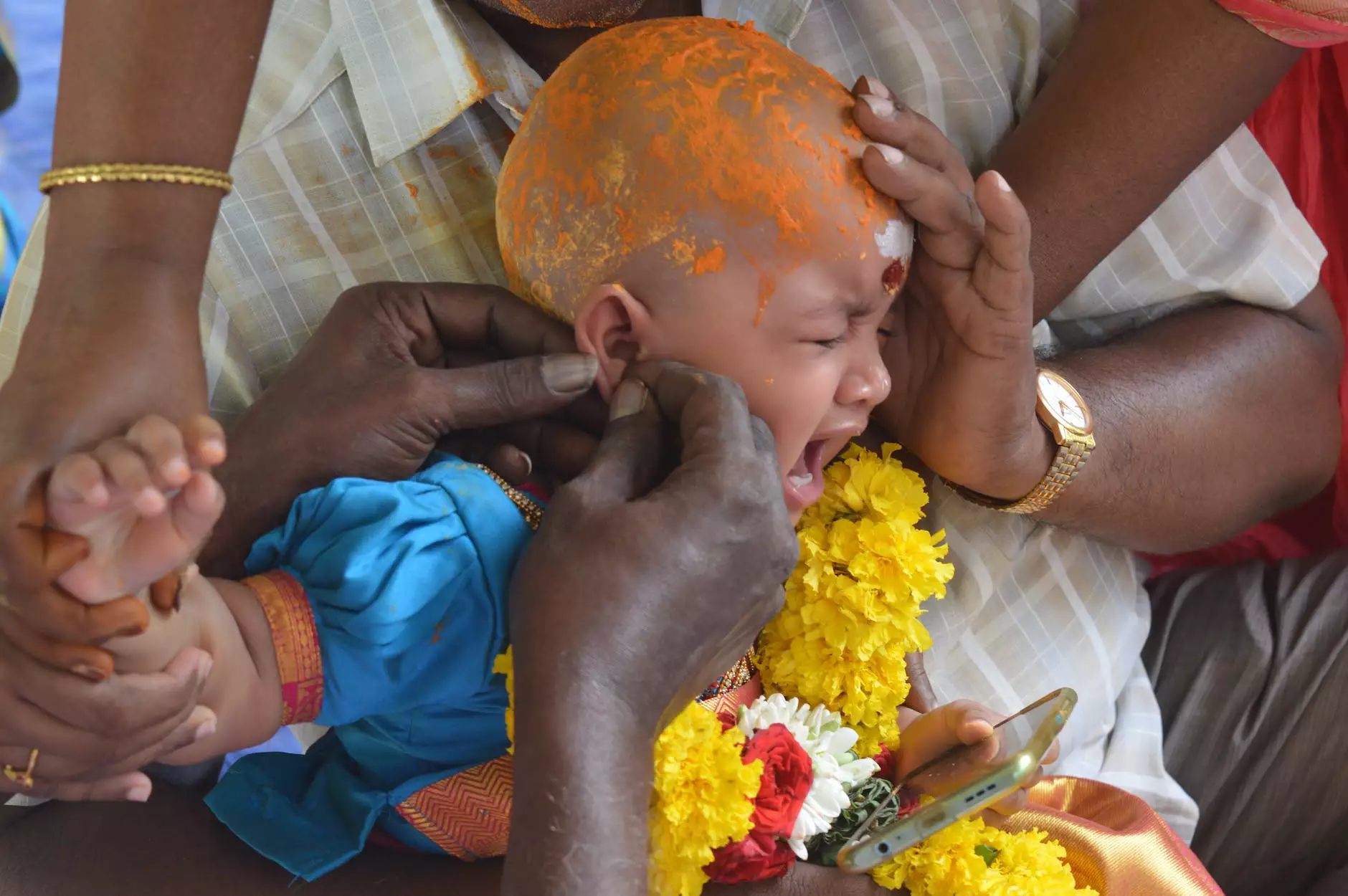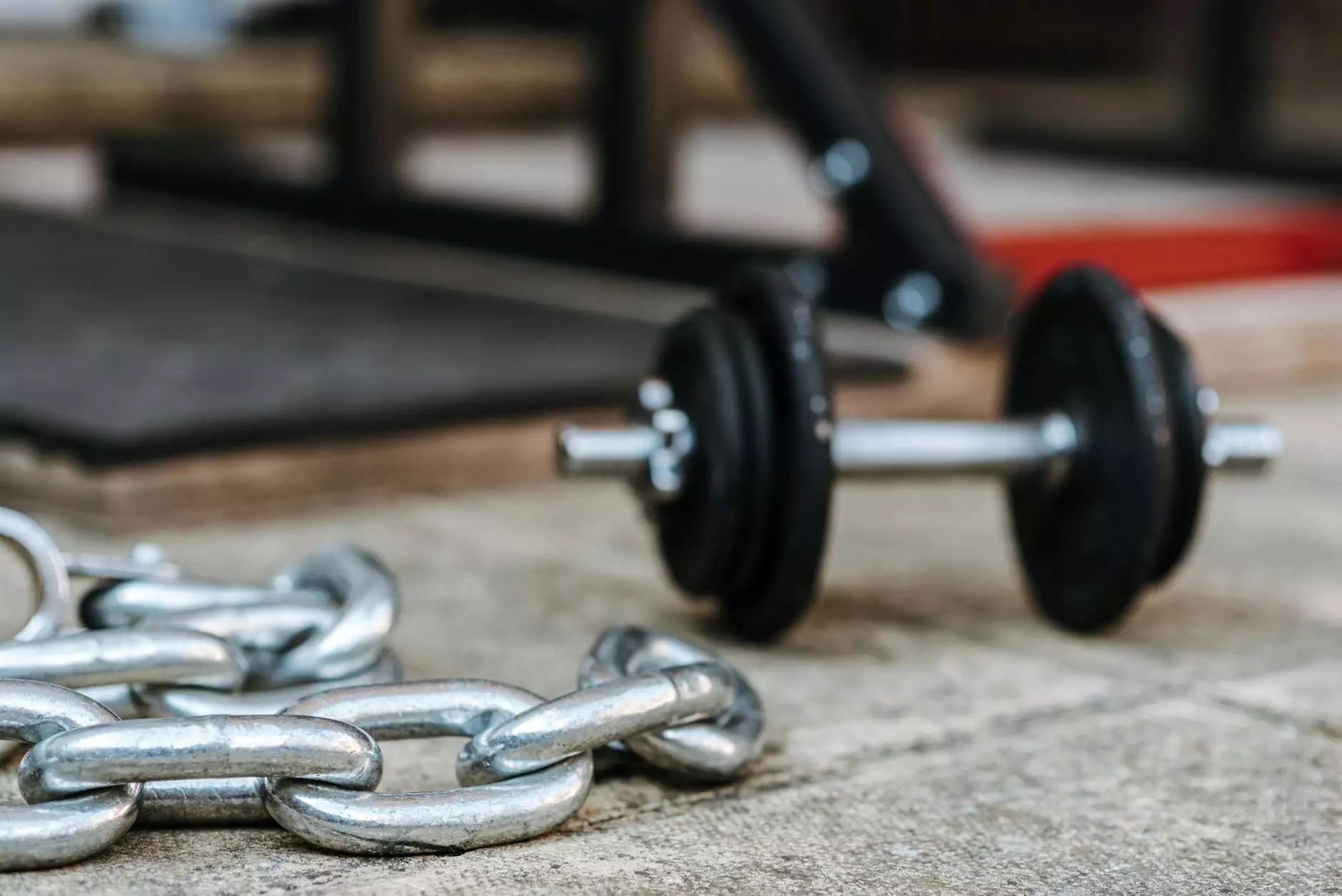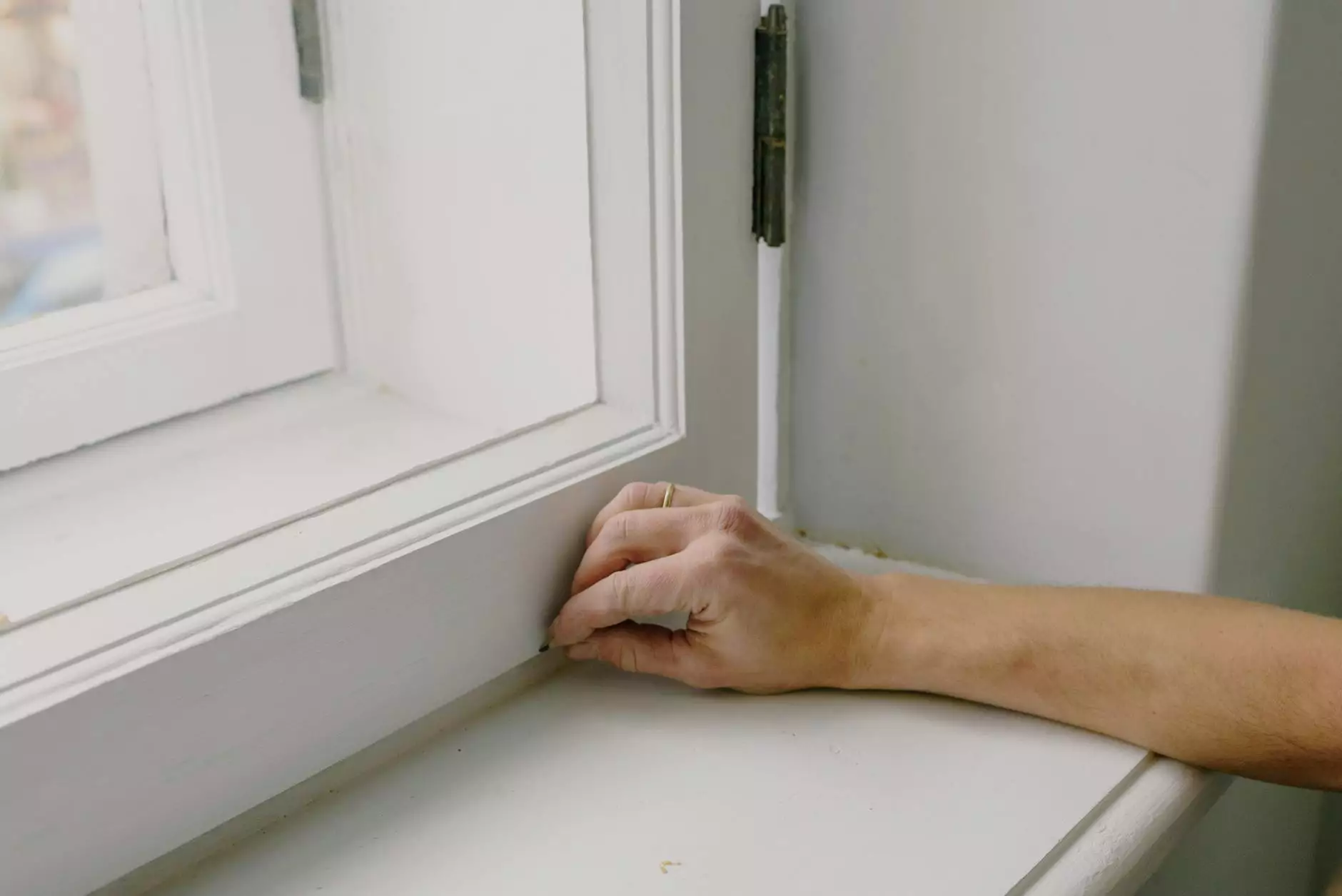The Best Age to Pierce a Child's Ear and Tips to Reduce Its Pain

Are you considering piercing your child's ears? As a parent, it's natural to have concerns and questions about the whole process. At Intent, we understand the importance of making informed decisions when it comes to your child's well-being. In this comprehensive guide, we will explore the best age to pierce a child's ear and provide you with useful tips to reduce any potential discomfort during the process.
Why Choose Intent for Baby Earrings?
Before diving into the details, let us briefly introduce ourselves. Intent is a trusted name in the eCommerce & Shopping industry, specializing in high-quality baby earrings. We pride ourselves on delivering products that prioritize safety, comfort, and style. When it comes to piercing your child's ears, our collection is designed to offer a safe and enjoyable experience for both you and your little one.
Understanding the Best Age to Pierce a Child's Ear
The decision to pierce your child's ears is a personal one, and there is no one-size-fits-all answer to determine the "perfect" age. However, it is important to consider certain factors to ensure a safer and more successful ear piercing experience. Here are some key points to keep in mind:
1. Physical Development
One of the primary factors to consider is your child's physical development. Waiting until your child is at least six months old is generally recommended, as their earlobes are more developed and stable. At this age, the tissue is typically stronger, reducing the risk of complications. However, consulting with a pediatrician is essential to determine if your child is ready.
2. Communication Skills
Piercing a child's ears requires good communication skills to ensure their understanding and cooperation during the process. Waiting until they can express their own interest in getting their ears pierced is advisable. It's important that your child fully understands the procedure and is willing to take responsibility for ear care after the piercing.
3. Allergic Reactions
If your child has a history of allergies, it's crucial to address any potential risks before deciding on ear piercing. Allergic reactions can sometimes occur due to certain metals found in earrings. At Intent, our earrings are hypoallergenic and made with safety in mind, minimizing the chances of any adverse reactions.
Tips to Reduce Pain and Discomfort during Ear Piercing
While it's natural for parents to be concerned about their child's pain during the ear piercing process, there are ways to minimize discomfort. Here are some effective tips:
1. Numbing Agents
Using a numbing agent before the piercing can help reduce pain. Consult with a healthcare professional to determine the best numbing option for your child, as some products may cause skin irritation or allergic reactions.
2. Experienced Professional
Choosing an experienced professional to perform the ear piercing procedure is key to minimizing pain and ensuring proper technique. At Intent, we recommend seeking a qualified piercer who follows strict hygiene protocols and uses sterile equipment.
3. Distraction Techniques
Engaging your child in a fun activity or providing distractions during the procedure can divert their attention from any minor discomfort. Bringing their favorite toy or playing their favorite music can help create a positive environment.
4. Aftercare Instructions
Following the proper aftercare instructions is vital to reduce the risk of infection and discomfort. At Intent, we provide detailed aftercare guidelines along with our baby earrings. These instructions include cleaning routines, recommended solutions, and precautionary measures to ensure a smooth healing process.
Conclusion
Deciding on the best age to pierce a child's ear is a personal choice that involves considering various factors. At Intent, we believe in providing you with the information you need to make the right decision for your child. With our high-quality and safe baby earrings, we strive to make the ear piercing experience as comfortable as possible. Remember to consult with healthcare professionals, follow our tips to minimize discomfort, and prioritize proper aftercare to ensure a successful and enjoyable ear piercing experience.



